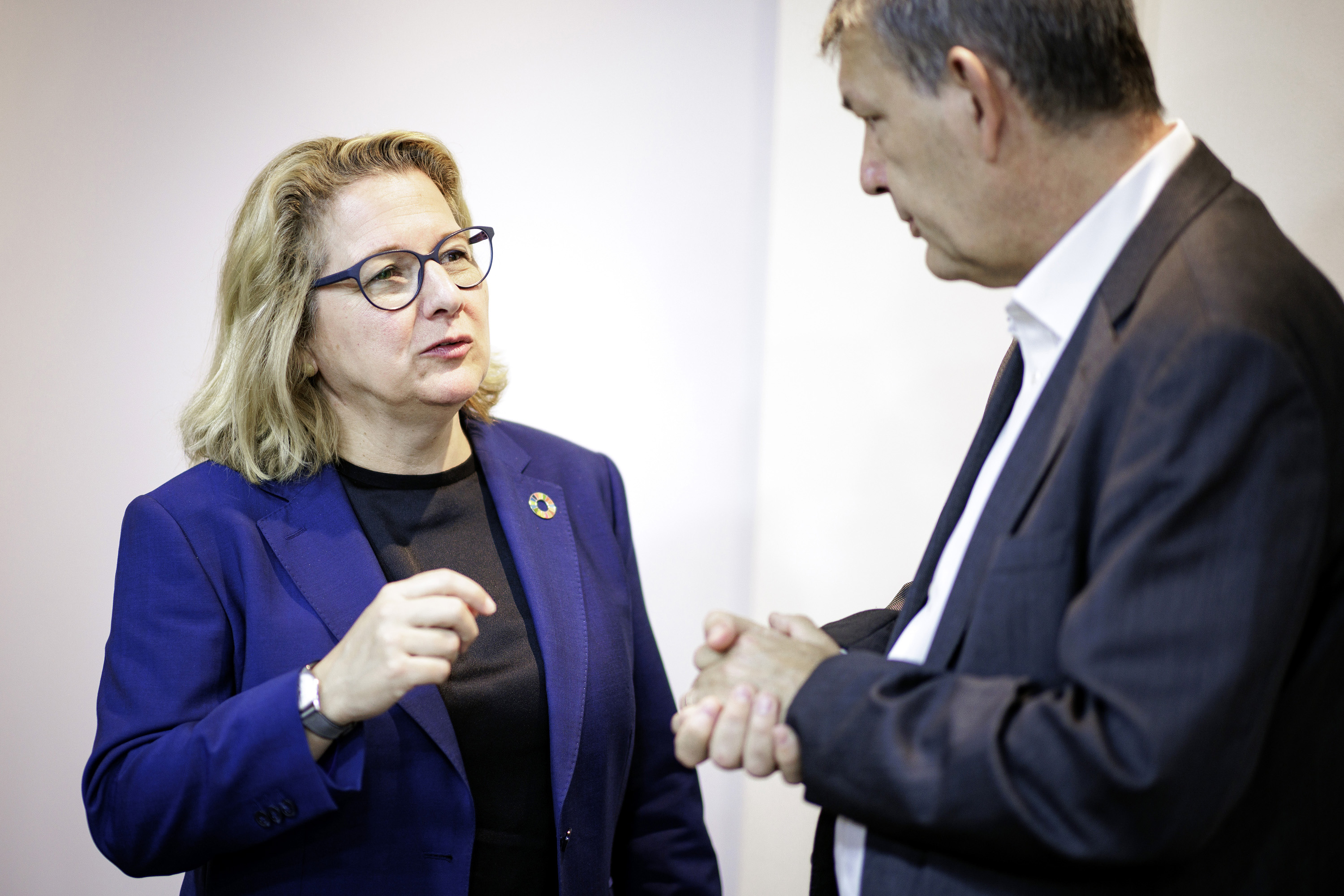Middle East Following review of safeguards, Germany resumes development cooperation with Palestinian territories
The resumption of Germany's development cooperation with the Palestinian territories is an important signal of Germany's support for alleviating the suffering of people in the Gaza Strip and stabilising the difficult situation in the West Bank and in neighbouring Jordan and Lebanon. The purpose of the support is, firstly, to create better living conditions and comprehensive development opportunities for the people on the ground. Secondly, the programme of development cooperation is intended to help put in place a basis for the establishment of a future Palestinian state with effective institutions, towards the prospect of achieving a two-state solution. Germany regards its efforts for stability and opportunities in the Palestinian territories, not least, as an expression of its special historical responsibility for the security of Israel, and as a contribution towards a peaceful solution in the Middle East.
The first focus of the review was activities that ensure the provision of basic services for the people, especially for particularly vulnerable groups. That is why the projects run by the UN Relief and Works Agency for Palestine Refugees in the Near East (UNRWA), which provide life-saving services, were first reviewed and approved, followed by projects under Germany's transitional development assistance, which are making a direct contribution towards services for civilians in the current crisis.
During the review, the BMZ did not enter into any new contractual commitments. It continued meeting existing contractual obligations, such as making payments for services rendered as part of projects that had already begun.
The review did not find any instances of misuse of funds. The BMZ's strict safeguards have proven robust. They include close scrutiny – based on a method consisting of several stages – of local partners and their staff, of materials shipped to the Gaza Strip, and of financial flows.
Local partners: All local partner organisations are individually subjected to close scrutiny based on a procedure consisting of several stages. Apart from checking for links to Hamas and other organisations that are listed as terrorist groups, this includes a comprehensive check of whether any statements or actions of a potential partner organisation make it undesirable to provide support to that organisation. This includes, in particular, statements that incite to hatred and violence or deny Israel's right to exist, and antisemitism. Moreover, the BMZ does not support any projects run by organisations that are active in the BDS (Boycott, Divestment, Sanctions) movement against Israel. Only if those tests are met does the Federal Foreign Office, in consultation with the BMZ, declare the support to be in line with the principles of German foreign policy. In cases where staff of implementing partners violate these principles, the BMZ urges the partner organisation to sanction such staff.
Materials: Goods can only be shipped to the Gaza Strip with the approval of the Israeli authorities. Such shipments are governed by what are in some cases strict criteria, such as constant video surveillance for certain types of drills. Physical project progress reviews ensure that materials such as waterproof paints have really been used in the construction project for which they were imported.
Financial flows: The BMZ's implementing organisations check all payments against current UN and EU sanction lists. This makes sure that no funding goes, for example, to Hamas. All organisations that use funding from the German government are under a binding obligation to ensure such handling of funds. However, in the case of the Gaza Strip, safeguards go far beyond this. For example, when schools were built in the Gaza Strip, a separate project implementation unit was charged with carrying out the work in order to maintain maximum control over the financial flows. Moreover, the BMZ does not directly fund the Palestinian Authority.
On this basis, the BMZ is continuing its development cooperation with the Palestinian territories. This does not mean that the checking of the portfolio has ended. All projects continue to be subjected to scrutiny continuously in the course of implementation, just like before 7 October 2023. The BMZ will continue to follow up on allegations of misconduct and will take rigorous action whenever rules are found to have been violated.
Moreover, the specific work done under the development projects will continuously be adapted in line with developments in the Palestinian territories, current needs, and room for manoeuvre. This means that ongoing activities in the Gaza Strip that go beyond meeting people's most urgent basic needs cannot be implemented at present. This goes, in particular, for projects under bilateral development cooperation and projects run by private organisations.

